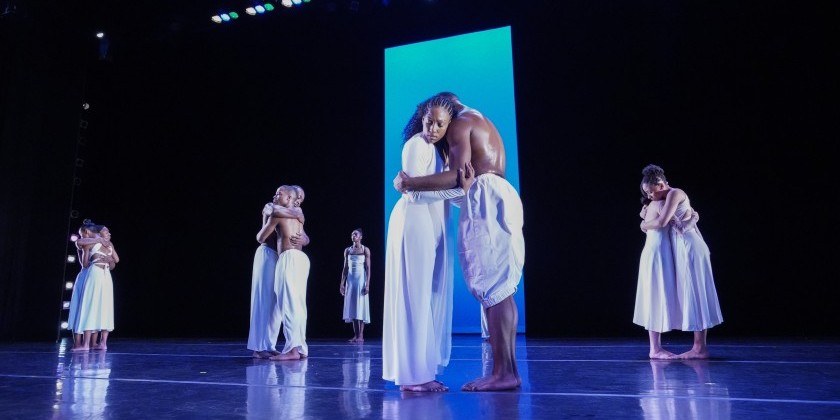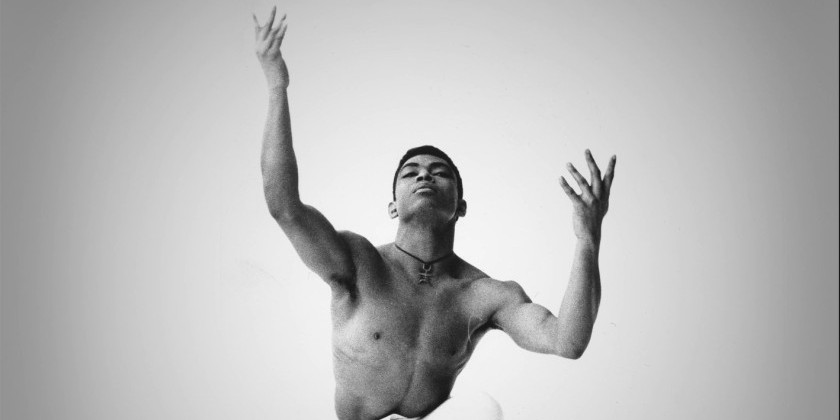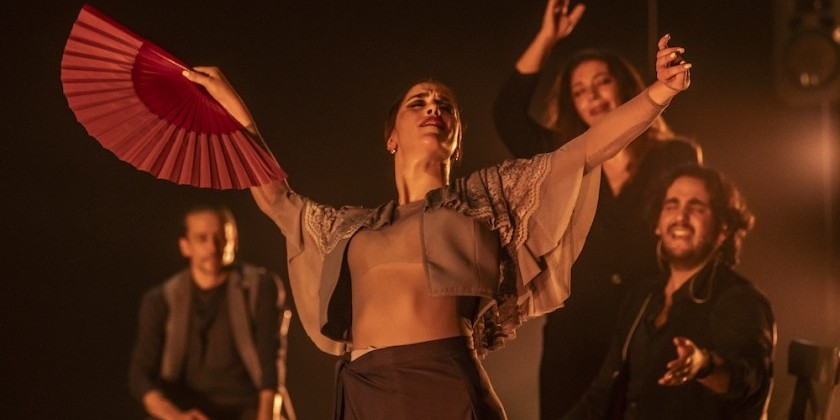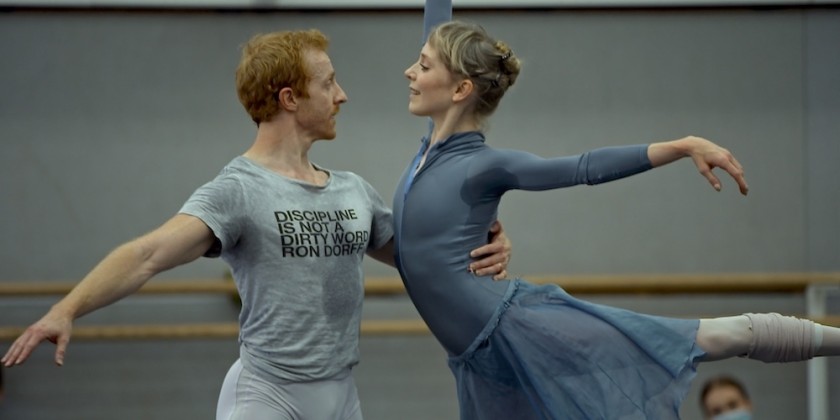IMPRESSIONS: Alvin Ailey American Dance Theatre at New York City Center

Choreography by Alvin Ailey, Ronald K. Brown, Hans Van Manen & Jamar Roberts
Dancers: Ashley Kaylynn Green, Patrick Coker, Renaldo Maurice, Chalvar Monteiro, Christopher R. Wilson, Jacquelin Harris, Miranda Quinn, Constance Stamatiou, Vernard J. Gilmore, James Gilmer, Caroline T. Dartel, Corrin Rachelle Mitchell, Deidre Rogan, Michael Jackson, Jr., Christopher Taylor, Yannick Lebrun, Renaldo Maurice, Shawn Cusseaux
Composers: Robert Flack, Miles Davis, Leon Russell, Johann Sebastian Bach, Duke Ellington, Fela Kuti, Peven Everett
Costume designers: Jamar Roberts, Jon Taylor, Ursula Reed, Omatayo Wunmi Olaiya, Keso Dekker
Scenic designer: Libby Stadstad
Lighting designers: Brandon Stirling Baker, Shirley Prendergast, Joop Caboort, Tsubasa Kamei
Date of Performance: December 10, 2024
How does a dancer project an inner cauldron? Certainly Ashley Kaylynn Green dazzled us with her power to do just that. The world premiere of Al-Andalus Blues, choreographed by former Ailey dancer Jamar Roberts, begins with Green on top of an undulating dune — a spotlighted island of a set designed by Libby Stadstad. She commands the theatrical space, exuding strength and defiance. Gradually, seven other dancers push away sections of the dune, stranding the lone Green and perhaps suggesting the Spanish Christians’ land grab from the Moors who dominated Spain for 700 years.
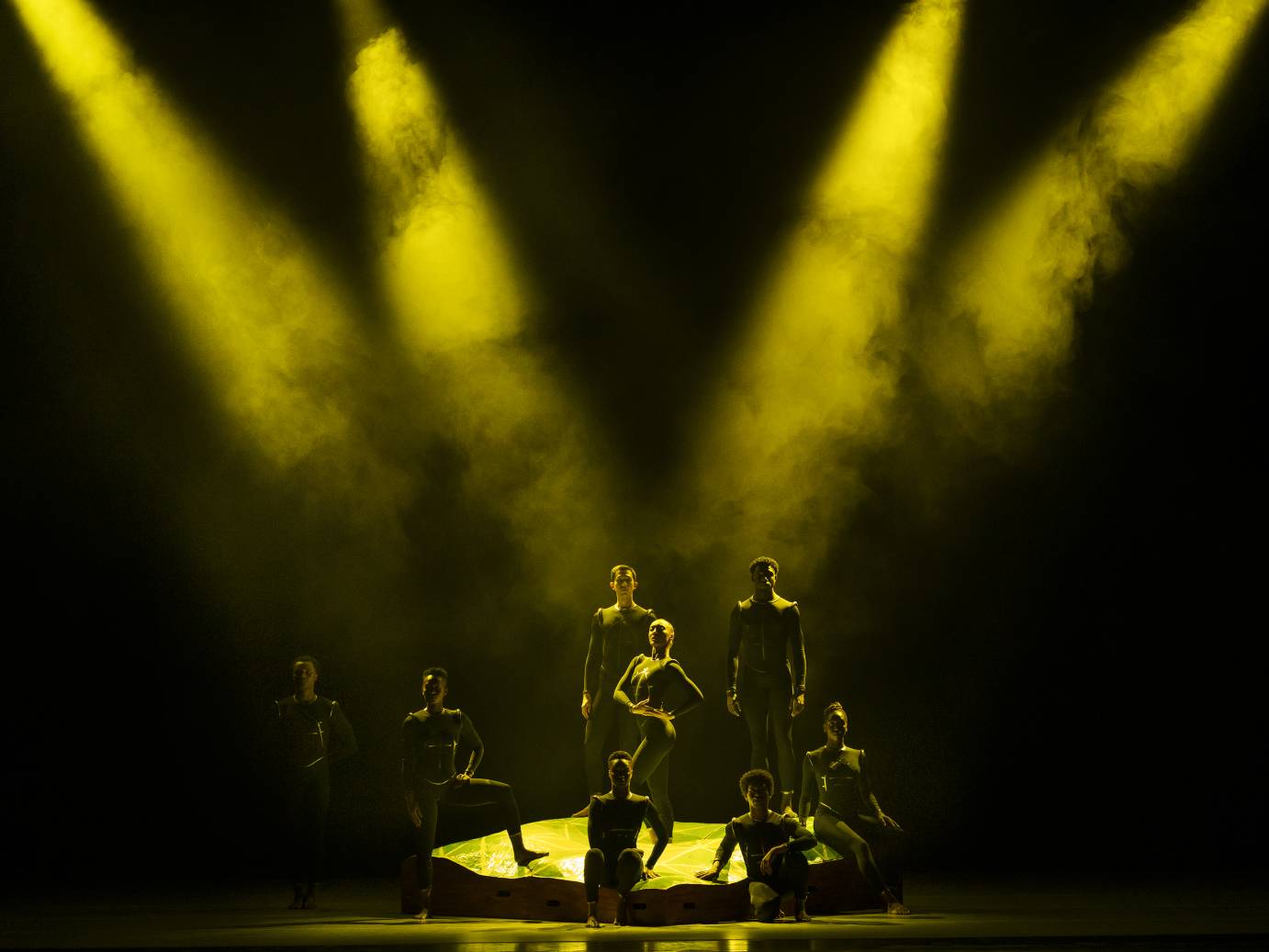
While the music of Roberta Flack, who sings in Spanish, and Miles Davis has a sultry, soul-searching quality, the dancers convey a contemplative restraint. Their lower bodies largely still, their torsos lifted, and their arms and hands sharply pulling energy into their hips. Roberts alludes sparingly to iconic flamenco poses. The ensemble largely moves in unison as though driven by a common goal to maintain their dignity and persevere despite threats to their peace.
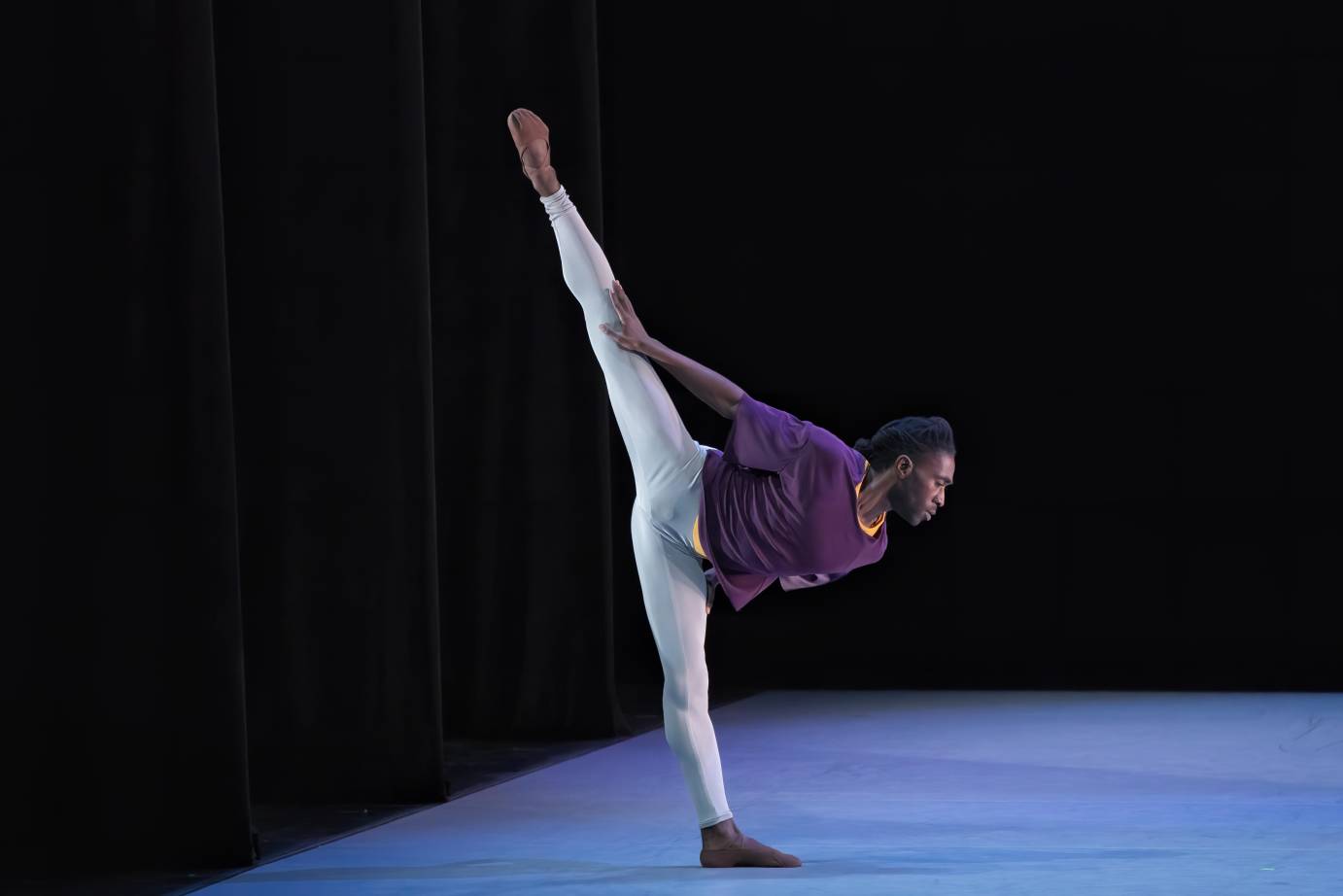
Solo, a speedy, precise work, was performed with unforgettable crispness and wit by Patrick Coker, with ease by James Kilmer, and with formality by Chalvar Monteiro. One of 150 works choreographed by the Dutch ballet dancer, choreographer and photographer, Hans Van Manen, Solo challenges the dancers to strike balletic lines at rapid speeds. Van Manen’s “signature clarity in structure,” as referred to in the Ailey program notes, matches that of J.S. Bach whose music is used for this piece. Along with the classical exactitude, there are fleeting exchanges between the three performers: winks of humor as each dancer takes their turn as soloist, and shrugs to the audience as each completes his course.
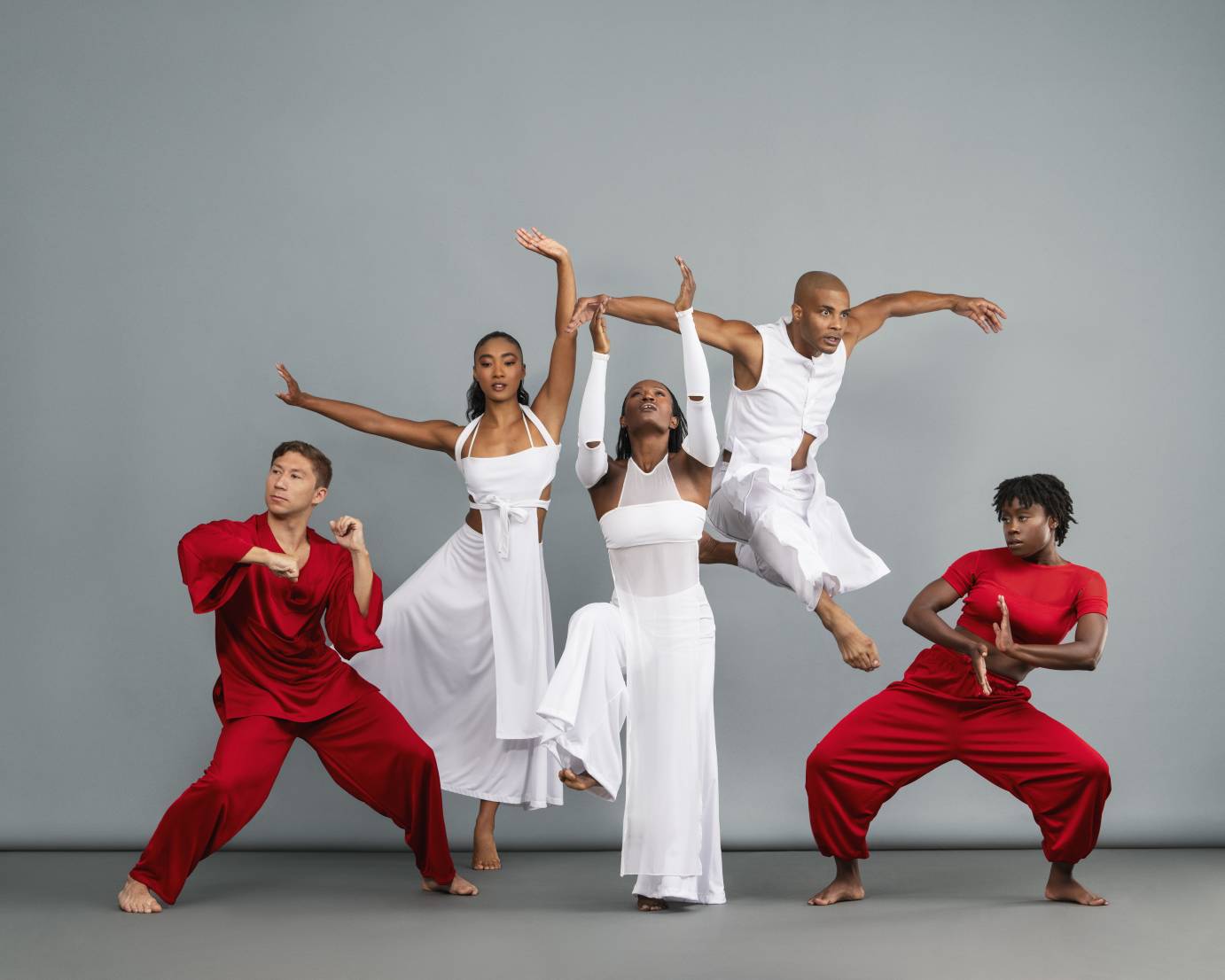
With a sharp battement to the front, followed by a quick jump with alternate knee and arm pumps, the audience knows they are viewing the unique blend of African and American modern dance explored by Ronald K. Brown. His Grace, originally choreographed in 1999 and re-imagined in 2024, gives its twelve dancers a chance to blaze with regal spirituality and spinal elasticity. Brown describes his dance, "Grace weaves the story of a Goddess' journey to Earth to spread grace among humans, ultimately welcoming them to heaven.” His timing, knowing when to offset frenetic group movement with stillness, is uncanny. These indelible moments feel painterly and cinematic.
Set to Duke Ellington's classic "Come Sunday," Peven Everett’s hit "Gabriel," and the pulse of Fela Kuti's Afro-Pop, Grace is splendidly graphic. Black curtains pulled to the center frame the dancers, dressed in all white or red, who move against a red-lit back wall. The lighting designed by Tsubasa Kamei is pristine and bright.
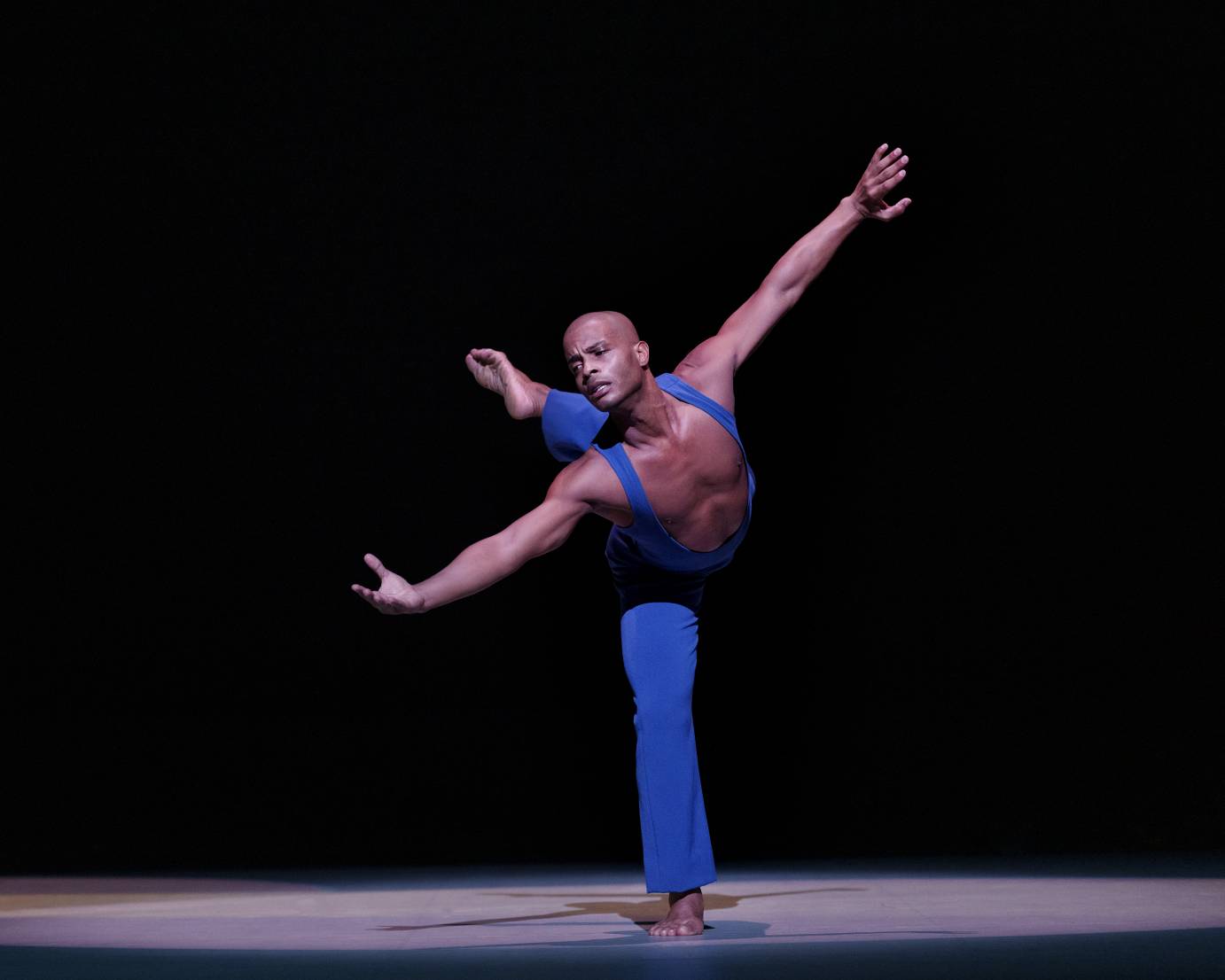
A Song for You, an excerpt from Love Songs choreographed by Alvin Ailey in 1972, completed the program. Vernard J. Gilmore’s lateral attitude suspensions, curved arms, and sweeping gestures that carried his body to the floor, recall an interim period in Ailey’s history. Neither conjuring the sexy virility of the early Ailey dances, nor the athleticism of later ones, this solo has a wistful quality, danced as though love is out of reach. In A Song for You, we appreciate both Ailey's and Gilmore's abilities to share vulnerability.








